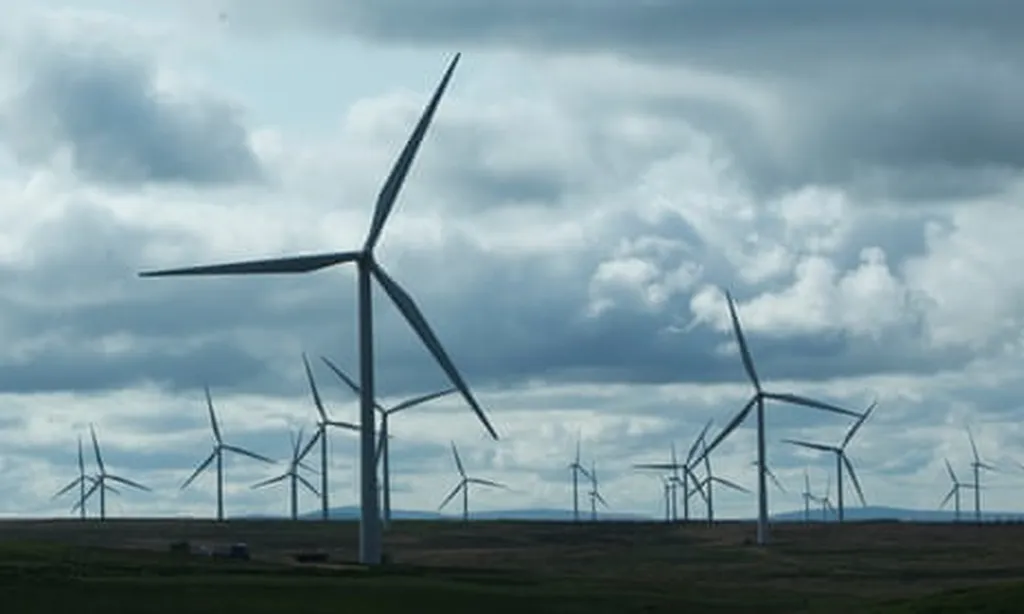In the rapidly evolving energy landscape, the concept of super smart grids (SSGs) is emerging as a potential game-changer, promising to revolutionize how we manage and distribute power across vast regions. A recent study published in the journal “Published in IEEE Access” and led by Simona-Vasilica Oprea from the Department of Economic Informatics and Cybernetics at the Bucharest University of Economic Studies, delves into the complexities and opportunities presented by SSGs, offering a comprehensive review of academic research from the past five years.
Oprea and her team explored the viability of SSGs in the current global energy landscape, particularly amidst ongoing conflicts and geopolitical tensions. Their research highlights the potential of SSGs to enhance energy security and reduce carbon emissions by facilitating the efficient transfer of renewable energy sources across borders. However, the study also underscores significant challenges, including high infrastructure costs, cybersecurity concerns, and controversies surrounding energy control and environmental impact.
“The potential of super smart grids is immense, but so are the challenges,” Oprea noted. “Our research aims to shed light on these complexities and identify new research directions to guide the future development of SSGs.”
The study identifies seven emerging research directions for SSGs, focusing on data-driven approaches, performance analysis, control methods in distributed networks, and voltage and current control methods in direct current (DC) systems. These findings could have profound implications for the energy sector, particularly in optimizing load management, distribution systems, and overall energy management.
One of the most compelling aspects of the research is its exploration of the interplay between SSGs and local energy systems, such as microgrids. By understanding how these systems interact, energy providers can better plan for a more resilient and efficient energy future.
“The integration of super smart grids with local energy systems presents a unique opportunity to enhance energy resilience and efficiency,” Oprea explained. “Our research provides a roadmap for future developments in this area, highlighting the need for continued innovation and collaboration.”
For the energy sector, the implications of this research are significant. As the world moves towards a more decentralized and renewable energy future, the development of SSGs could play a crucial role in ensuring energy security and sustainability. However, the challenges identified in the study must be addressed to realize this vision.
As the energy landscape continues to evolve, the insights provided by Oprea and her team offer a valuable perspective on the future of SSGs and their potential to transform the energy sector. By addressing the identified challenges and leveraging emerging research directions, the energy industry can pave the way for a more resilient, efficient, and sustainable energy future.

